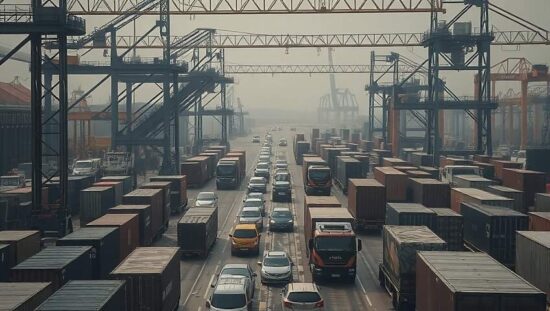A sharp rebuke has been issued by the German Association of the Automotive Industry (VDA) following statements from the federal government accusing automakers of failing to adequately secure their supply chains. VDA President Hildegard Müller forcefully rejected the assertions, published in Politico, arguing that claims the industry had neglected stockholding and alternative sourcing were demonstrably false.
The controversy stems from recent remarks by Federal Minister for Economic Affairs, Katheine Reiche (CDU), who expressed significant reservations about companies’ continued reliance on single sourcing strategies following the pandemic and subsequent energy crisis. Reiche voiced concerns that businesses seemed unprepared for disruptions stemming from Chinese export restrictions on rare earth minerals and ongoing chip shortages, underscoring a perceived lack of foresight.
While acknowledging past vulnerabilities, Müller insisted that automotive companies had invested in bolstering supply chain resilience in recent years. She emphasized, however, that maintaining sufficient stockpiles remains a practical limitation, particularly concerning semiconductors. Müller further asserted that resolving the current chip shortage necessitates political intervention – a recognition that the root of the problem lies within geopolitical conflicts.
The Ministry for Economic Affairs holds a contrasting view, placing the onus on industry to fortify its supply chains, a position detailed in a report submitted to the Committee on Economic Affairs. The Ministry intends to implement a “supply chain monitoring” system focused on enhancing transparency and risk awareness, specifically targeting the trajectory of the semiconductor crisis. Remarkably, the initiative is currently hampered by a lack of allocated funding, raising questions about the government’s commitment to effective oversight.
This impasse highlights a fundamental disagreement about responsibility and resource allocation. Critics argue that the government’s assessment is overly simplistic, failing to appreciate the complexities inherent in global supply chains. They also question the practicality of demanding greater resilience without the necessary financial support for both industry and government initiatives. The emerging debate promises to intensify scrutiny of Germany’s industrial strategy and its capacity to navigate increasingly volatile international markets.





